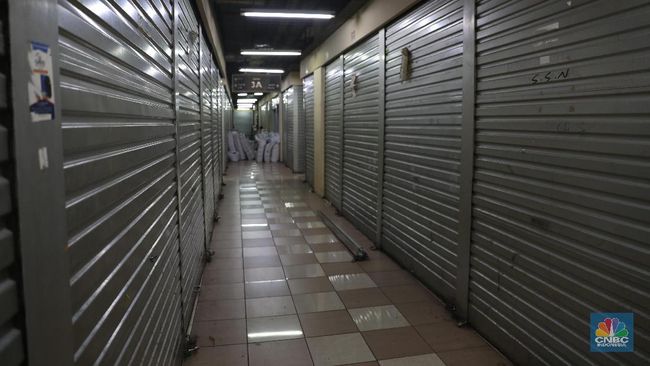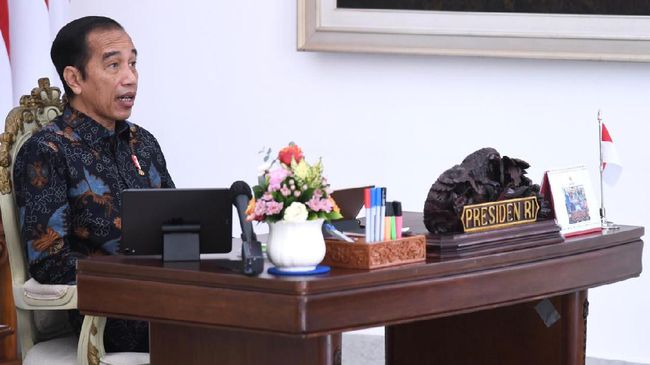Jakarta, CNBC Indonesia – Another symptom of decreasing purchasing power of the Indonesian people is evident. This further confirms that Indonesia is wallowing in the ‘mud’ of recession.
Bank Indonesia (BI) reported that retail sales as reflected in the Real Sales Index (IPR) in August 2020 grew negative by 9.2% compared to the same period the previous year (year-on-year/ YoY). Improved compared to July 2020 which contracted 12.3% YoY.
In September 2020, BI estimates that the IPR will still contract by 7.3% YoY. If this materializes, then retail sales will contract for 10 consecutive months. Almost a year …
Retail sales are one of the prefix indicators (leading indicator) which can see the direction of future economic movement. If it continues to decline, it can be concluded that the economy is sluggish, people are unwilling to shop.
Meanwhile, household consumption contributes more than 50% to the national economic output or Gross Domestic Product (GDP). So when the main contributor is dragging, the GDP as a whole will also be stuck.
Retail sales data is increasingly confirming that direction. Previously, there was data on the Consumer Price Index (CPI), in which Indonesia posted deflation for three consecutive months. Deflation is now a reflection of sluggish purchasing power, which discourages the business world from raising prices.
Then there is the Consumer Confidence Index (IKK), which is still below 100. A figure below 100 shows that consumers are pessimistic about the current economic conditions and in the next few months, so they choose to hold their consumption.
– .


